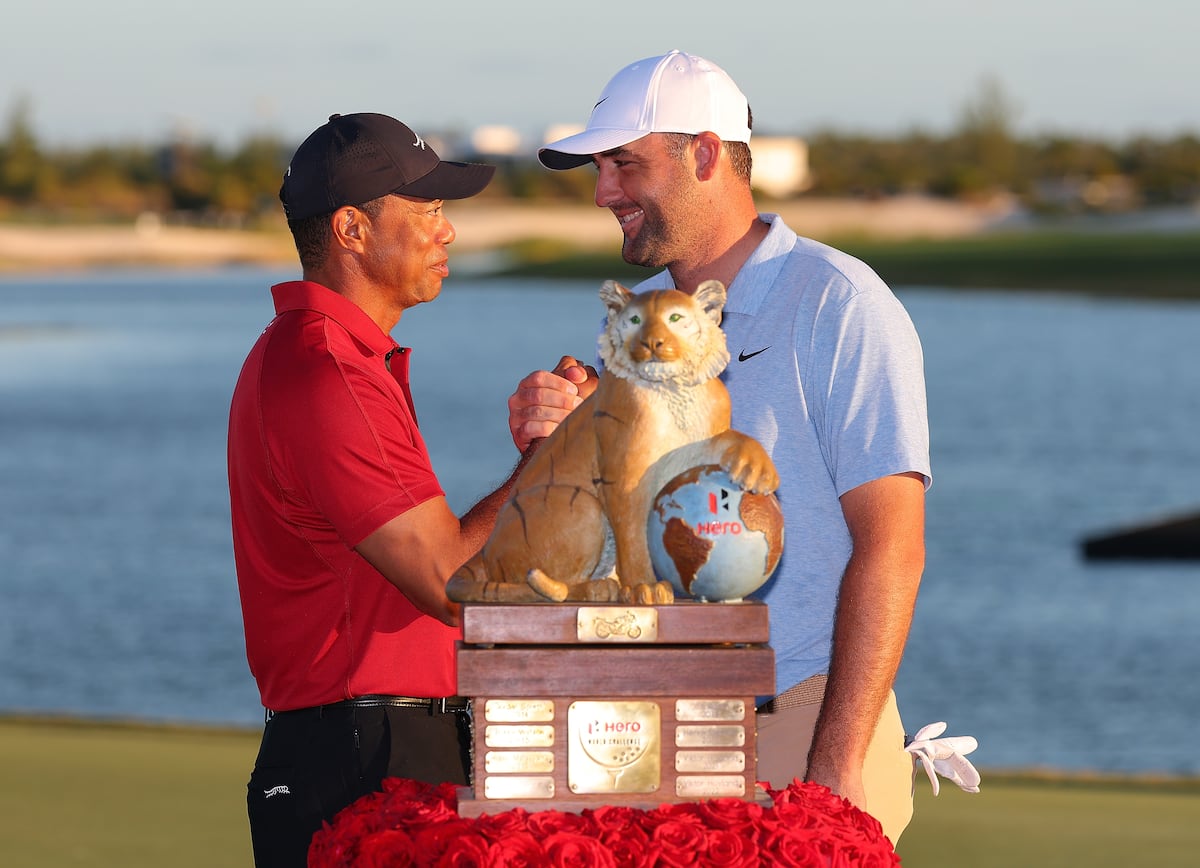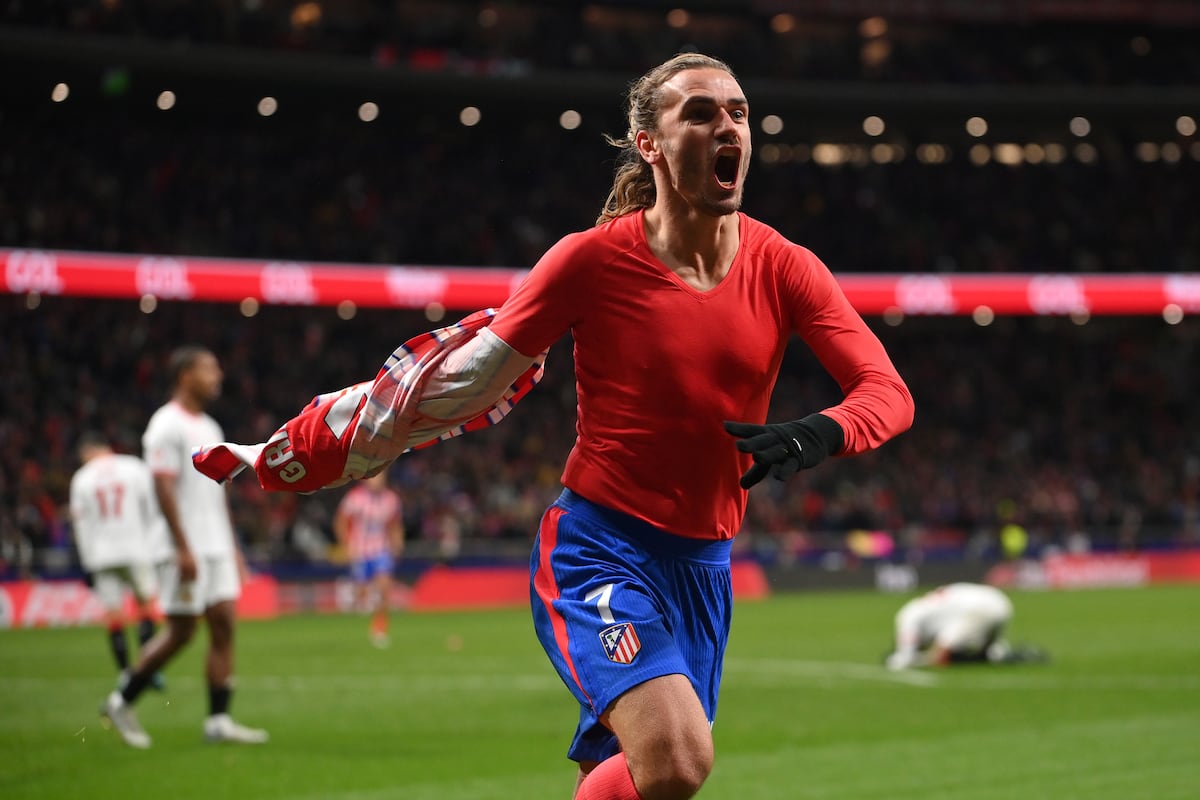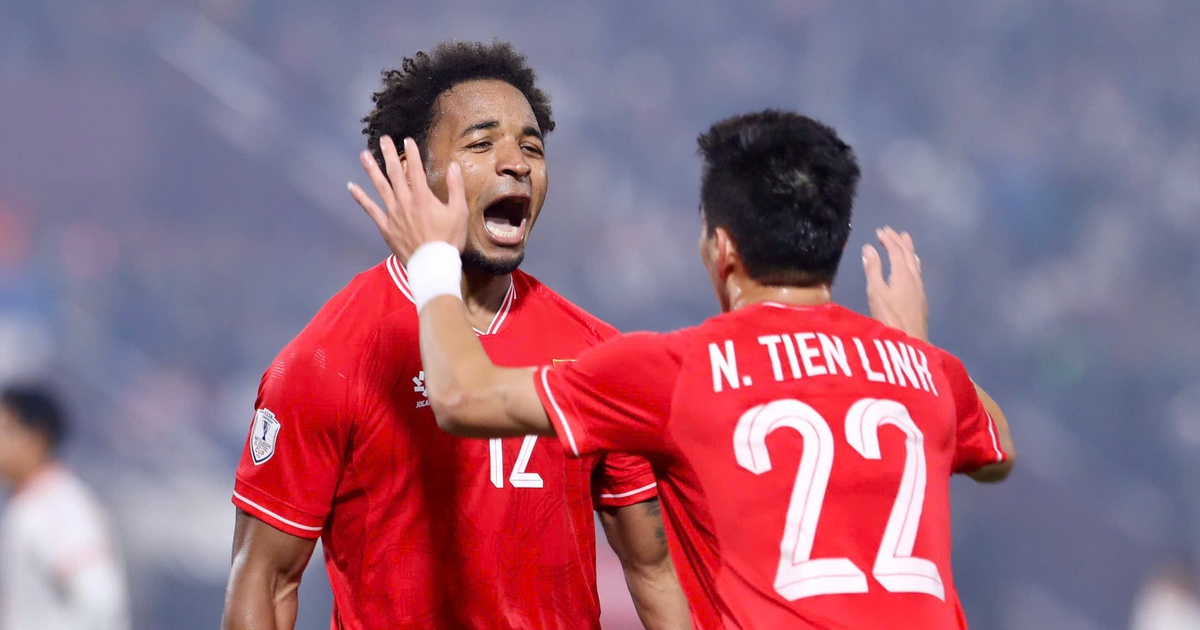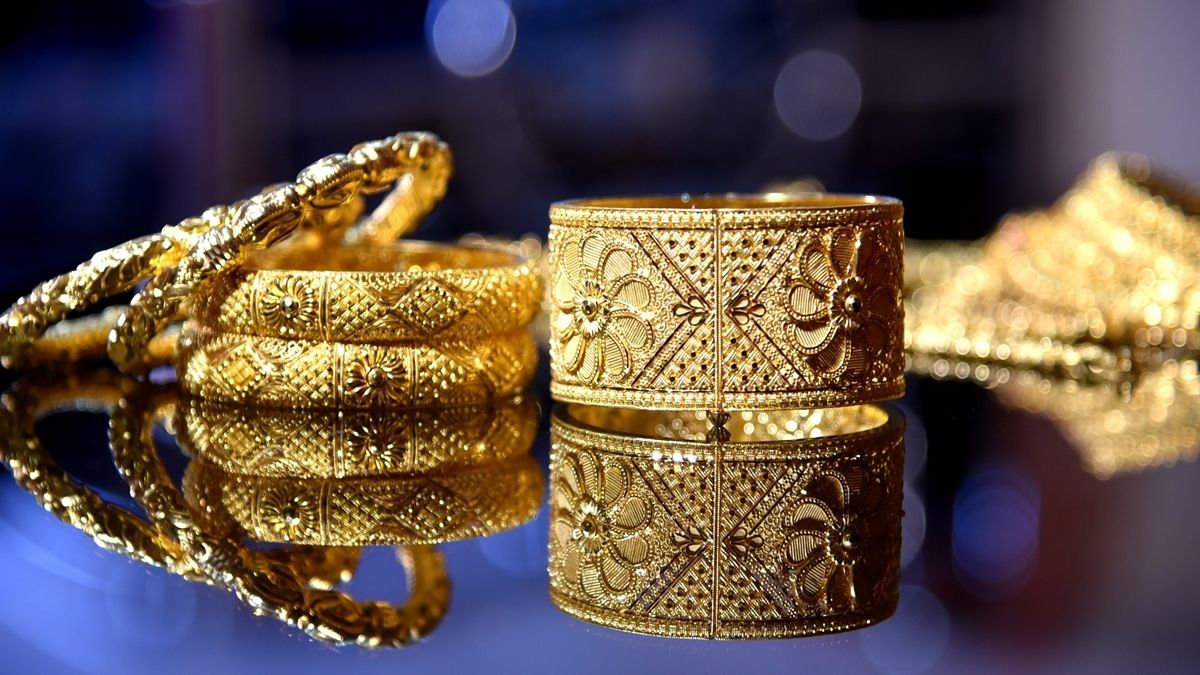Amanda Gutiérrez (L’Hospitalet de Llobregat, Barcelona; 30 years old) is the president of Futpro, the union of Spanish female soccer players. Graduated in Law and specialized in Sports Law, she founded her own law firm in 2018 when she assumed that working for others she would not be able to dedicate herself to what she really liked. Before taking charge of Futpro, she acted as a lawyer for some of the best players in Spain and Europe. She is behind the statements by the national team’s soccer players, as well as the strike by the F League players who were demanding an increase in the minimum wage. She says that she was always passionate about sports, since she was little, and she practiced it, none captivated her as much as soccer. But in all of them she suffered discrimination for being a woman.
Ask.Did that feeling propel you in your professional career?
Answer.I guess so, a little. In the end, all my locker room colleagues have suffered the same discrimination. These are things that we have very internalized, like always having the worst schedules for training, using the material that your teammates have left over, having to pay to play while some of them even get paid.
Q.He explains that since he started working with players he encountered distrust from the clubs, who did not want to negotiate with you. Did this treatment respond to gender discrimination or do managers treat all lawyers the same?
R. I have encountered a club whose lawyer treated me in a condescending manner. I have received calls telling me: “You don’t know how this works, I have been here for many years…” I don’t think they would say that to a lawyer. She has also already passed me as union president with the people of the F League; They told me that they had to do pedagogy with me. So one wonders if they would say that to a Futpro president who was a man.
Q. The national team’s players said on Thursday that they have been sleeping just four hours for weeks. How bad is the wear?
R. That exhaustion is affecting us all. The World Cup final and the whole conflict with the Spanish team, with the negotiation for the collective agreement, a strike, and now this again: the selection, the call… It has been a terrible month. We are all very tired.
Jenni has very strong principles. She often thought: What if it had happened to another classmate? What would have happened?
Q. Futpro represents Jenni Hermoso, how is she?
R. It’s been hard. She has even been judged for eating ice cream, and that is not pleasant. But Jenni is an incredible person, with very iron principles. She often thought: What if it had happened to another classmate? What would have happened? Jenni is a strong person; If anyone can overcome it, it’s her.
Q. When was she aware that what had happened was a sexual assault?
R.I do not know, that’s the truth. I’m having conversations with her when everything happens. But it is similar to winning a World Cup, which is difficult for you to assimilate. It is a process. You are in your bubble, celebrating, this happens and you feel like something has been stolen from you, you try to downplay it. But little by little you realize that you cannot downplay it because you see that what has been done is really not right. It’s complicated.
Q. How has the response of Spanish footballers been articulated since then?
R. The turning point is the Federation Assembly. It is when #SeAcabó was born that Alexia launched the first and many female soccer players began to join. From that moment the movement was articulated. We, as a union, understand that we have to guide them and take advantage of the moment to make the federation and the Higher Sports Council (CSD) see that they have to do something and defend Jenni. We had enough mechanisms for things to happen without Jenni having to speak. There the complaints are raised to the TAD. And it happens that he ends up acting before FIFA. It is sad, on the other hand, to see that an outside entity has to get involved to protect us because there is a deficiency in the Sports Law.
When Alexia said “It’s over” we saw that it was a great idea that gave an incredible boost to the statement. And they all started using it.
Q.Is #SeAcabó born from Alexia?
R.We were clear that we were going to carry out a joint action and that a statement was going to be issued. Jenni wanted to talk and I told her, okay, okay, but you’re not going to talk to yourself. I got in touch with all the champions, with those of the 15 who had not gone to the World Cup and with those from the 2015 World Cup in Canada, they added more people and from there a new WhatsApp group of “the veterans” came out. with the soccer players of the 80s. We thought that this movement should be given a hashtag, but we didn’t even talk about it with Alexia. When he said “It’s over” we saw that it was a great idea that gave an incredible boost to the statement. And they all started using it.
Q. They say that there is strength in numbers, how united have the footballers been in this?
R.The union is very important. I have insisted to the players these days that the institutions, all of them, play to divide them. ‘You have to be together,’ I told them. From the initial statement signed by 80 footballers, in which there are even retired players, we went to 39, which are all those who were ready to be called up. And after the call and after the meeting on Tuesday, they talk to see what to do. They decide to remain summoned except for Mapi and Patri, who leave because they are in a very different situation. They had not attended the national team for more than a year and they are forced to return. They are with Jenni, but you have to understand people’s feelings. They needed to go home. And her teammates understood it.
We were disappointed that many colleagues did not want to get wet. If the footballers don’t get wet it’s because they have everything done
Q. Many athletes avoid talking about anything that is not sports. But on Thursday Putellas and Paredes said “we can’t just be soccer players.” And they gave a memorable speech. Have they received advice?
R. Obviously. They have been advised at all times by the union. Futpro is for that, it was born for that. The strategy has always been agreed upon with them. Although they know exactly what they have to say and you have to help them a little, especially two women like Alexia and Irene. On the other hand, we were disappointed that many colleagues did not want to get wet. If the footballers don’t get wet it’s because they have it all done. They pick up the phone, they ask and it is given to them. But we are still insulted for wanting to earn a minimum salary of 21,000 euros. And in much less time, with less economic investment, fewer resources and more extra-sports disputes, the footballers have achieved many successes: there is a footballer who has two Ballon d’Ors, another who is on her way to winning a third, she has won a World Cup, two Champions Leagues… And we still have to justify what we ask for.
Q. What has been learned from the crisis 15 so that now their demands are understood?
R. You learn from everything. They had to learn to delegate according to what things and according to what strategies, for example. When what happened 15, Futpro came in late, we found out about things late, when those resignation emails from the national team had already been sent. This time, however, the footballers have relied on their advisors. And among them, we are. We have all coordinated well and that has been noticed. In the meetings, furthermore, they have not been alone.
Q.Why did the meeting last Tuesday night in Oliva last so long?
R. There were many things to deal with. And we could have stayed for hours, because we are talking about changing an institution from top to bottom, changes that have been demanded for years. The meeting was very harmonious, with a lot of respect, the players were very direct. All of that was important for it to be constructive. Once the creation of the mixed commission was resolved, they were left alone to make the decision whether to stay or not. And that was a long debate.
Q.What did they say to coach Montse Tomé, who had put them on a list when they didn’t expect it?
R. The soccer players needed to speak, to be clear, to have sincerity, to know why what was said was said and why who was called was called. Although I don’t know what was said in there. Now they will have to have very fluid communication with this new technical team to see if that relationship works or not.
Q.Were many and very important commitments made to improve the structures of football played by women, what are you most proud of?
R. I believe that if this mixed commission that we have promoted works, it will be something historic, because it has not been created only to resolve this crisis, but will remain as a resource to which we can turn if we have a problem; It will be a tool of control over the institution. That is a legacy. On the other hand, from an emotional point of view, I think they should be very proud of the movement they have created, which has not only reached football, but also other sports, and many other countries. In a few years this will be talked about as something historic, as a before and after in women’s football.
Q.It comes from renegotiating the collective agreement with the F League with the progressive increase in the minimum wage: from 16,000 to 21,000 euros (23,500 in three years), is that fight already won?
R. No not at all. To begin with, because it is not the salary that the unions asked for. As I have said before, the best tool that institutions use is to try to divide them. And in this case it was done with the publication of information that claimed that the strike was illegal. That was a hoot. Despite that, the first day of the strike was a success, but the players were afraid. And when you negotiate with fear you are lost. This is not the salary that the unions wanted, but rather the one that the footballers wanted to sign. They were faced with a League that did not care about the strike. That’s why we still have work and a long way to go.
You can follow EL PAÍS Deportes inFacebook andTwitteror sign up here to receiveour weekly newsletter.
.
.








